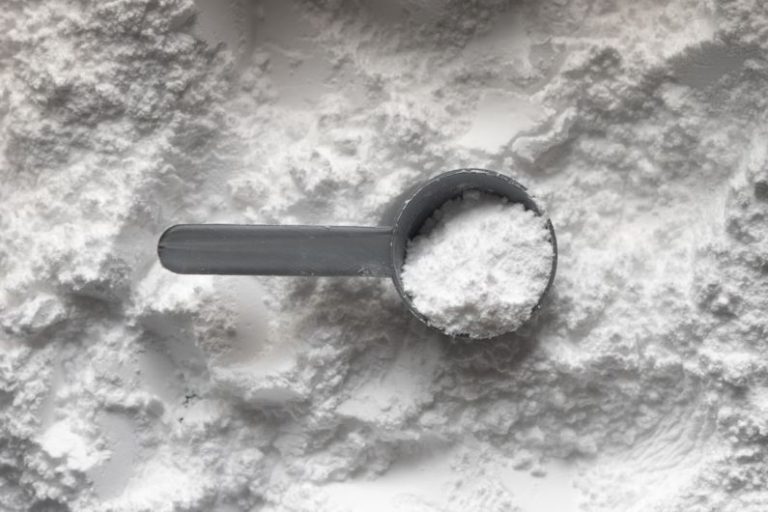The Role of Hydration in Fitness
Achieving optimal fitness requires more than just physical activity and a balanced diet. One crucial yet often overlooked aspect of fitness is hydration. Staying well-hydrated plays a significant role in enhancing performance, aiding recovery, and promoting overall health. In this article, we will delve into the importance of hydration in fitness and explore how proper hydration can positively impact your workout routine and well-being.
**Hydration and Exercise Performance**
When it comes to exercise performance, hydration is key. Dehydration can lead to a decrease in physical and mental performance, making it harder to reach your fitness goals. Proper hydration helps maintain optimal body temperature, lubricates joints, and delivers nutrients and oxygen to cells more efficiently.
During physical activity, the body loses water through sweating, which can result in dehydration if not replenished adequately. Even mild dehydration can lead to fatigue, cramps, and reduced endurance. It is essential to drink water before, during, and after exercise to ensure that your body stays hydrated and performs at its best.
**The Impact of Dehydration on Recovery**
In addition to performance, hydration also plays a crucial role in the recovery process. Proper hydration post-exercise is essential for replenishing lost fluids, aiding muscle repair, and reducing muscle soreness. Dehydration can prolong the recovery period, making it harder for the body to bounce back after a workout.
When you are dehydrated, the body struggles to flush out waste products and toxins, which can hinder the recovery process. By staying hydrated, you can help your body recover faster, allowing you to get back to your workouts more quickly and effectively.
**Hydration and Weight Management**
Maintaining proper hydration levels can also support weight management efforts. Drinking water before meals can help you feel fuller, leading to reduced calorie intake and potential weight loss. Additionally, staying hydrated can prevent overeating, as thirst is often mistaken for hunger.
Water is also essential for proper digestion and nutrient absorption, which are crucial for maintaining a healthy weight. By staying hydrated, you can support your body’s metabolic processes and promote overall well-being.
**The Importance of Electrolytes**
Electrolytes, such as sodium, potassium, and magnesium, play a vital role in hydration and exercise performance. These minerals help regulate fluid balance, muscle function, and nerve impulses. During intense exercise or in hot weather, the body loses electrolytes through sweat, which can lead to imbalances and hinder performance.
To maintain proper electrolyte balance, it is essential to consume electrolyte-rich foods or beverages, especially during prolonged or intense workouts. Sports drinks or coconut water are good sources of electrolytes that can help replenish lost minerals and support hydration.
**Hydration and Overall Health**
Beyond exercise performance, hydration is essential for overall health and well-being. Proper hydration supports the function of vital organs, such as the kidneys and liver, and helps maintain healthy skin, joints, and muscles. Dehydration can lead to a range of health issues, including headaches, constipation, and kidney stones.
By prioritizing hydration, you can enhance your overall health and quality of life. Making a conscious effort to drink an adequate amount of water throughout the day can have a positive impact on your physical and mental well-being.
**In Conclusion: Hydration as a Foundation for Fitness**
Hydration is a fundamental aspect of fitness that should not be overlooked. By staying well-hydrated, you can enhance exercise performance, support recovery, aid weight management, and promote overall health. Making hydration a priority in your fitness routine can help you reach your goals more effectively and enjoy the benefits of a healthier, stronger body. Remember to listen to your body’s signals and hydrate accordingly to optimize your fitness journey.






